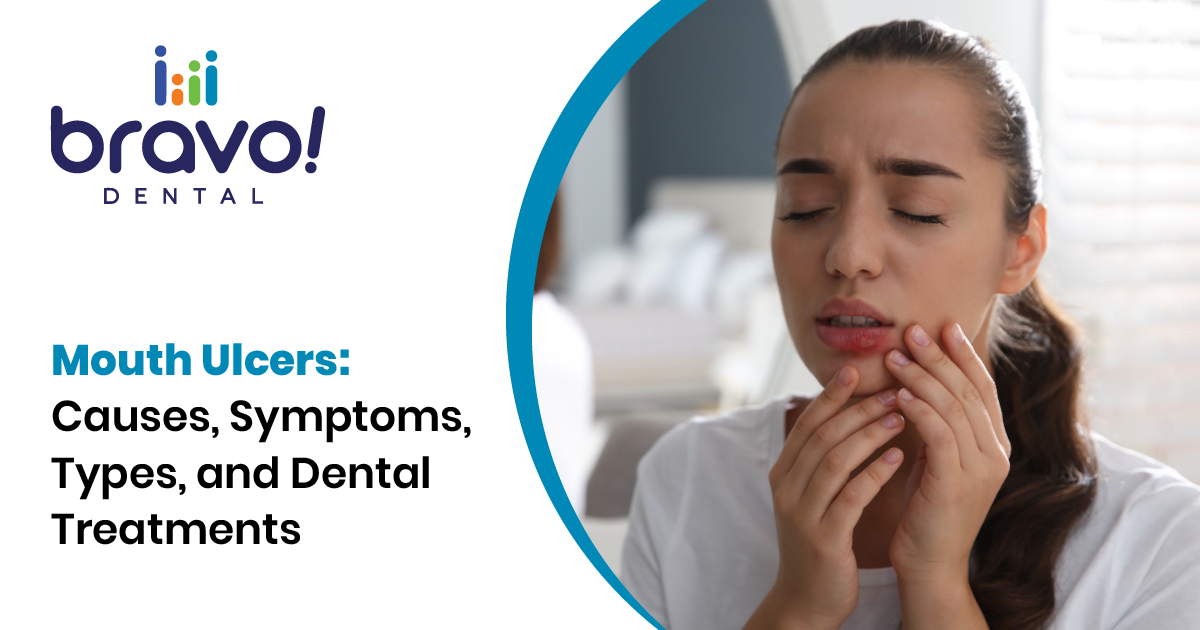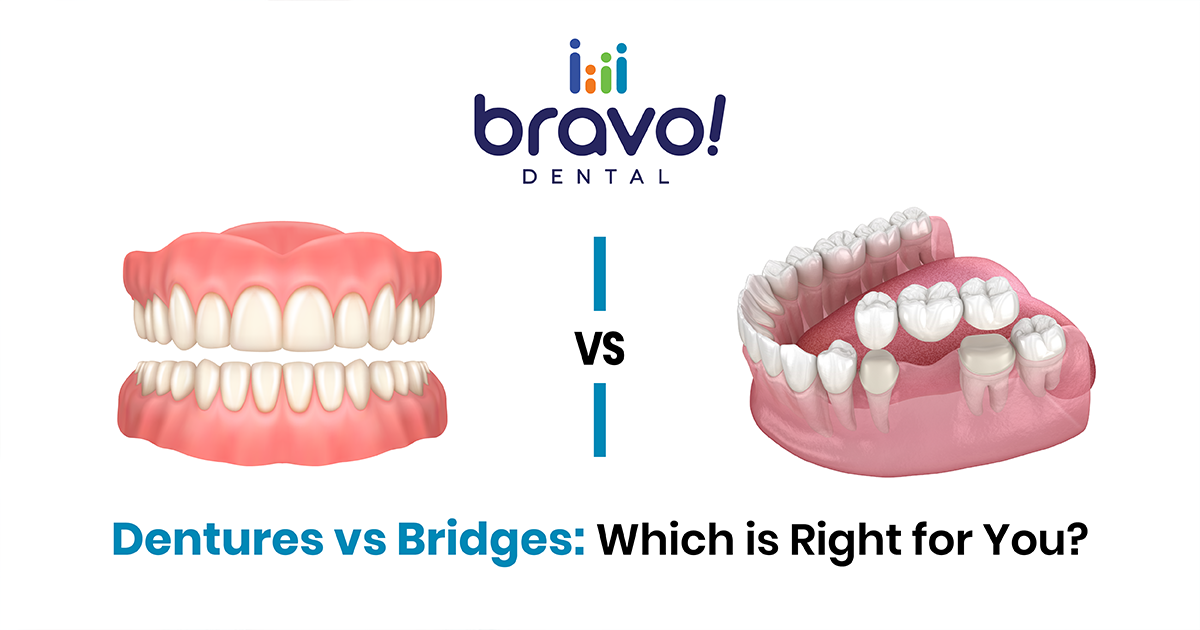
Mouth ulcers, also known as canker sores, are a common oral health issue that can cause discomfort and pain. While they are usually harmless and tend to heal on their own, understanding their causes, symptoms, types, and dental treatments can help manage and alleviate the discomfort they bring.
Causes:
- Minor mouth injuries resulting from dental procedures, vigorous brushing, sports-related accidents, or unintentional bites.
- The use of dental braces.
- Sensitivity caused by sodium lauryl sulfate (SLS) in toothpaste or mouthwash.
- Acidic foods and beverages, including strawberries, citrus fruits, pineapple, chocolate, coffee, and spicy food.
- Specific nutritional deficiencies include vitamin B9 (folate), vitamin B12, zinc, and iron.
- Hormonal fluctuations occurring during menstruation or pregnancy.
- Psychological or emotional stress.
- Insufficient sleep.
- Celiac disease, Crohn’s disease (inflammatory in the bowel system), and vitamin deficiencies.
- In rare cases, bacterial infections can cause mouth ulcers.
Symptoms:
- Ulcers can be painful, making eating, drinking, and even speaking uncomfortable.
- Round or oval sores and may appear red or white.
- Surrounding tissues may become swollen and tender.
- Burning or tingling sensation.
Types:
There are three primary types of mouth ulcers:
Minor Ulcers: These are the most common type and are relatively small, typically healing within one to two weeks.
Major Ulcers: Also known as major aphthous ulcers, these are larger and deeper than minor ulcers. They can take several weeks to heal and may leave behind scars.
Herpetiform Ulcers: These ulcers are small and occur in clusters. Despite their name, they are not related to the herpes virus.
Dental Treatments:
While mouth ulcers often resolve on their own, several dental treatments and home remedies can help manage the pain and speed up the healing process:
- Apply a homemade paste made from baking soda to cover the ulcer.
- Use various topical pastes specifically designed for mouth ulcers.
- Dab milk of magnesia onto the ulcer.
- Rinse your mouth with a solution of salt water and baking soda.
- Use a mouthwash containing steroids to reduce pain and swelling.
- Apply ice directly to the ulcer to numb the area and relieve pain.
- Place a moistened tea bag on the ulcer, which can have soothing effects.
- Consider dietary supplements if you have deficiencies, including vitamin B9 (folate), vitamin B12, zinc, and iron.
- Use over-the-counter topical products containing benzocaine, such as Orajel and Anbesol.
- Explore natural remedies like echinacea, myrrh, and licorice root, available in various forms such as teas or oils.
- Avoid foods that trigger or worsen mouth ulcers.
- Maintain proper oral hygiene, including gentle brushing and flossing.
- Practice stress-reduction techniques like meditation or yoga.
Remember that these remedies can offer relief and promote healing, but if you experience persistent or severe mouth ulcers, it’s advisable to consult a dentist for a proper evaluation and potential prescription treatments.
Conclusion
In conclusion, mouth ulcers are a common and uncomfortable oral health concern with various causes. While they can be painful, most mouth ulcers heal on their own within a few weeks with proper oral care.
Remember that prevention and self-care play a crucial role in oral health, so if you feel you might be suffering from mouth ulcers, contact our experts at Bravo! Dental or ring us at 1-888-682-7286.
happy to hear from you, contact us
Fill out the contact form below and Feel free to send any question or query.




